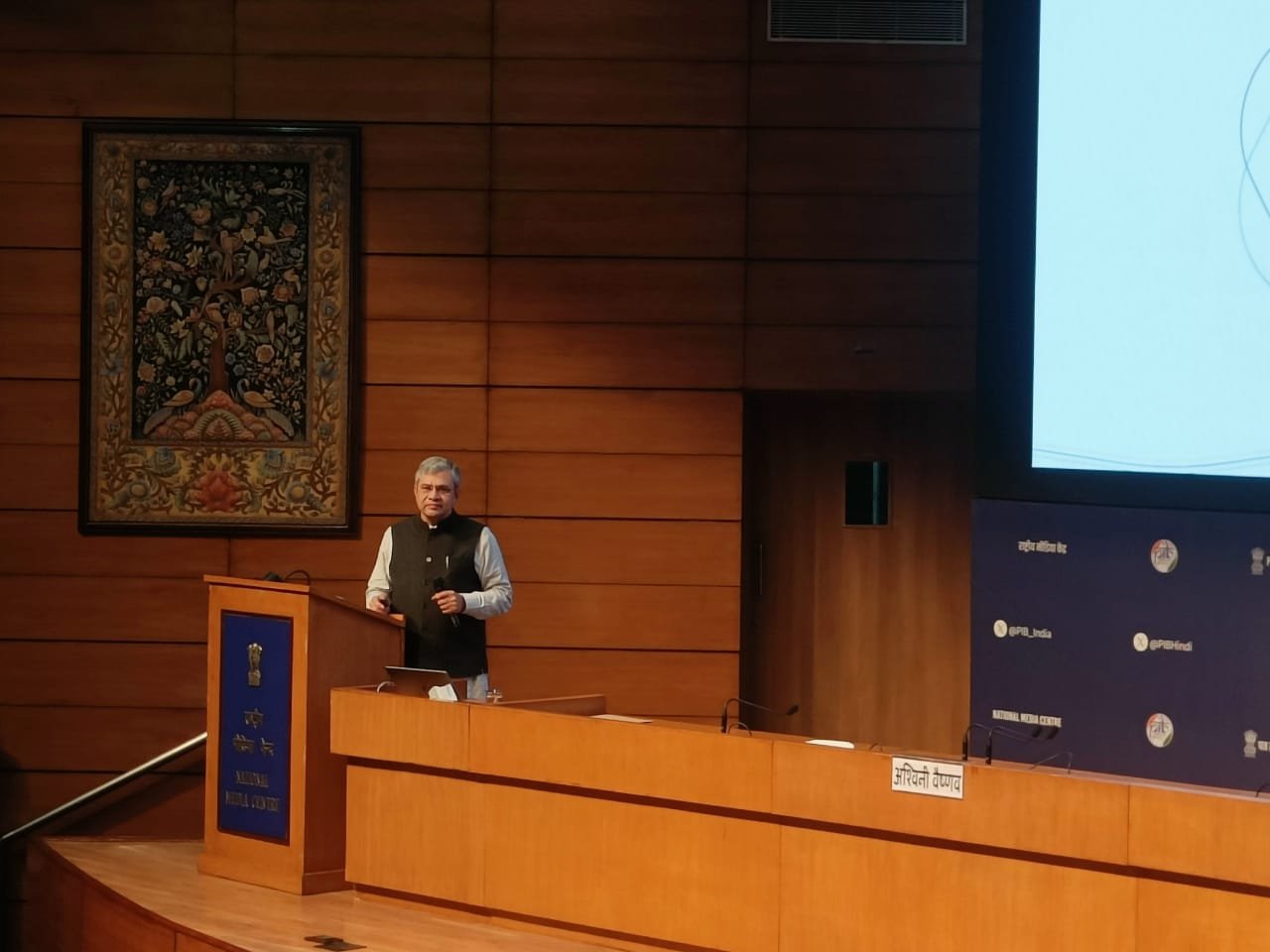Cabinet today approved the Scheme to Promote Manufacturing of Sintered Rare Earth Permanent Magnets with a financial outlay of 7 thousand 280 crore rupees. This first-of-its-kind initiative aims to establish six thousand metric tonnes per annum of integrated Rare Earth Permanent Magnet manufacturing in the country. Briefing media in New Delhi this evening, Information and Broadcasting Minister Ashwini Vaishnaw highlighted that Rare Earth Permanent Magnet are one of the strongest types of permanent magnets and are vital for electric vehicles, renewable energy, electronics, aerospace, and defence applications. He added that the scheme will support the creation of integrated manufacturing facilities, involving conversion of rare earth oxides to metals, metals to alloys, and alloys to finished Rare Earth Permanent Magnet.
Driven by the rapidly growing demand from electric vehicles, renewable energy, industrial applications, and consumer electronics, country’s consumption of Rare Earth Permanent Magnet is expected to double by 2030. At present, country’s demand for Rare Earth Permanent Magnet is met primarily through imports. With this initiative, the country will establish its first ever integrated Rare Earth Permanent Magnet manufacturing facilities. This will generate employment, strengthen self-reliance and advance the nation’s commitment to achieve Net Zero by 2070. The total duration of the scheme will be seven years from the date of award, including a two year gestation period for setting up an integrated Rare Earth Permanent Magnet manufacturing facility. The scheme envisions allocating the total capacity to five beneficiaries through a global competitive bidding process.
The Union Minister said that Cabinet has also given its nod to Pune Metro Rail Project Phase-2. He said government has approved Line 4 (Kharadi-Hadapsar-Swargate-Khadakwasla) and Line 4A (Nal Stop-Warje-Manik Baug) under Phase-2 of the Pune Metro Rail Project. Mr Vaishnaw said the project will be completed within five years at an estimated cost of around 9 thousand 857 crore rupees.



